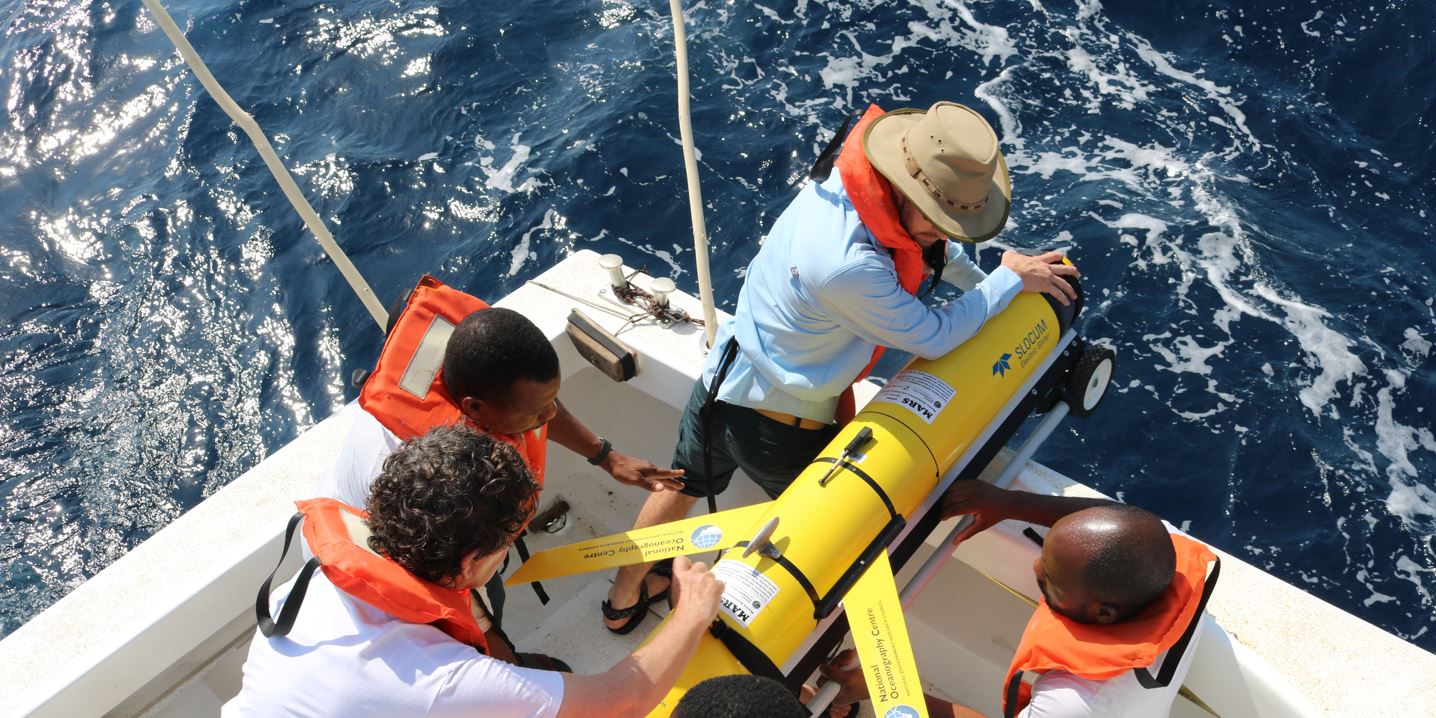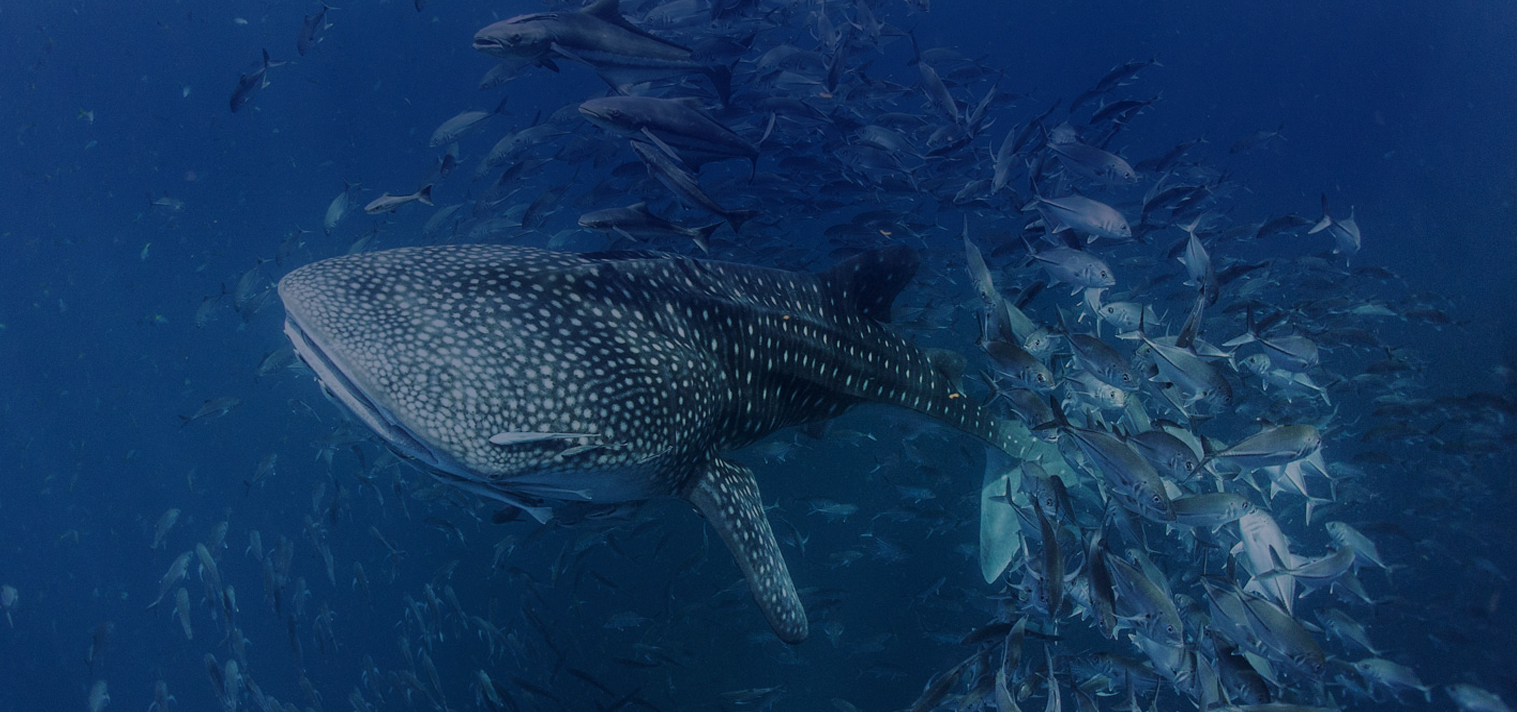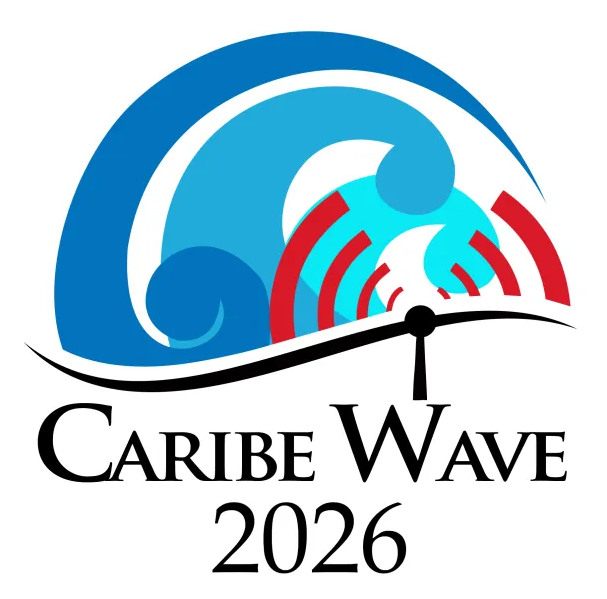State of the Global Ocean Observing System in 2022
The United Nations have just released the new Ocean Observing System Report Card - a high-level annual report providing a deep insight on the state, capacity and value of our Global Ocean Observing System (GOOS).
The GOOS Ocean Observing System Report Card was prepared in collaboration with GOOS partners and experts, and produced by its operational centre OceanOPS.

In 2022 the Report focuses on how an integrated observing network adds value to society across the three GOOS delivery areas of climate, operational services and ocean health. The Report highlights physical, biogeochemical and, for the first time, biological observations, providing a global view of the state of the GOOS, identifying the latest observing networks’ progress, the key challenges and opportunities to enhance the system.
The 2022 Report Card focuses on several key areas:
- Global view of the state of the Global Ocean Observing System
- Monitoring ocean carbon uptake to allow more accurate climate model projections
- Advancing coastal inundation forecasts and early warnings
- Phytoplankton observations - vital for understanding changes in food webs and shifts in marine life
- Involvement of new communities through the GOOS Ocean Decade Programmes
State of the ocean observing network
Despite the long-term impacts of the pandemic and the unforeseen market changes leading to increased costs to implement and maintain the observing network, GOOS stakeholders are working hard to restore pre-pandemic levels of observations.
Most activities are slowly returning to normal and continued automation is supporting increased data delivery. However, a few regions and networks remain affected, and GOOS is catalyzing discussions to address these needs.
“Continued and new targeted investment in ocean observing is vital to ensure we characterize how our ocean is changing, what changes are likely in the future, and how we can mitigate and adapt to our changing earth system”, says David Legler, GOOS Observations Coordination Group Chair.
Vladimir Ryabinin, IOC Executive Secretary, expressing IOC support to the development of the GOOS, says: “I hope the ocean observing system will be able to recover from the pandemic, withstand the inflation, and will keep delivering new bioecological and biogeochemical data, observations in the polar ocean, with the full output of the Argo network. International cooperation is the cornerstone for that capacity and IOC, capitalizing on the opportunities offered by the UN Ocean Decade and the 2022 UN Ocean Conference, stands ready to facilitate continuous efforts around ocean observing”. (Read more)







